



Poltergeist is a German word signifying literally a spirit [geist] that makes a noise or uproar [polter]
There are several things that are considered phenomena that are attributes to poltergeists.
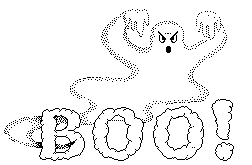
1. Noises or knockings without apparent natural origin, on walls or ceilings, or footsteps on floors and staircases.
2. Uncontrolled movement [telekenisis] of small objects (such as dishes or bric-a-brac), which are sometimes broken and at other times come to rest slowly, in apparent defiance of gravity; also spontaneous movement of other small article (such as bells); and hurling of small stones, both inside and outside the house.
3. Disappearance of small objects, and their subsequent recovery in unexpected hiding places. (This is also attributed to gremlins and other faeries.)
4. Occasional major disasters, such as arson without warning or natural cause.

People are not usually physically injured by poltergeists, although some serious injuries have resulted from fires. Young people, the mediums through which poltergeist disturbances are supposed to crystallize, are sometimes ill-treated. The poltergeist's acts are not usually malicious or dangerous but mischievous, and are the sort of tricks with which a young child would try to annoy adults.


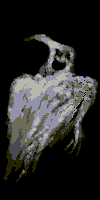
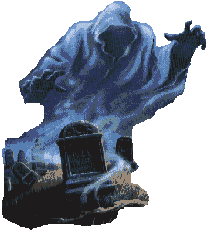 |
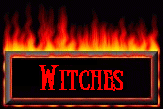 |
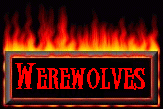 |
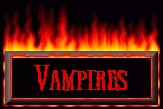 |
 |
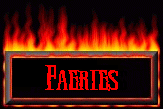 |
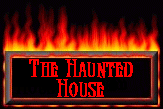 |